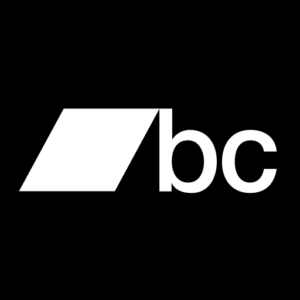In the past, musicians had to rely completely on middlemen such as record labels and distributors in order to get their music to fans. These days, the internet has made it possible for musicians to do some of this work themselves.
Here are four platforms that make it possible to get your music out into the world with just a laptop and some creativity. While none of these are replacements for traditional methods, they have unique features that can be helpful for the working musician—and can also be a lot of fun.
Best For Building a Community: Patreon

Patreon is a digital subscription service where you earn a monthly income by providing exclusive content to fans who sign up to become your “patrons.” Established artists are active on Patreon, but smaller artists have found success with it as well. It’s becoming a popular choice for musicians—the “music” category grew by 25% since March 2020.
The Good: You can set up different price tiers for your subscribers and offer unique rewards for each, such as exclusive merchandise, unheard songs, personalized videos, playlists, etc. Get creative!
The Less Good: Patreon is not great for discovery, so don’t expect to start gaining a lot of fans through the service. It is up to you to encourage fans to become patrons via your other channels.
Get more information on Patreon for musicians here.
Best For Selling Directly To Fans: Bandcamp

Bandcamp is a digital storefront for musicians to sell directly to fans. Just sign up, set up your page, upload your music, set your price, and you’re ready to go.
The Good: Accounts are free to create and Bandcamp takes 10-15% of any sales you make, meaning you keep the majority of the money from any sales.
The Less Good: You are responsible for keeping your page up-to-date; digital distributors do not upload to Bandcamp.
Learn more about Bandcamp here.
Best For Networking: Soundcloud

Founded in 2007, Soundcloud is an audio distribution platform with global recognition and unique community-oriented features.
The Good: Soundcloud operates similarly to a social network, allowing listeners to like, share, and write comments on tracks they like. Its auto-generated playlisting feature is also ideal for music discovery.
The Less Good: Pro accounts are a little pricey ($144 per year) and it also might be difficult to monetize your music on Soundcloud due to its eligibility standards.
Learn more about getting started with Soundcloud here.
Best for Discovery: YouTube

Believe it or not, YouTube is a major driver of music discovery—more music is reportedly played on YouTube than any of the other major streaming platforms combined.
The Good: The amount of users (a reported 2 billion every month!) is hard to beat. It’s free to use and the recommendations algorithm can help get your music to people who might be unfamiliar with it—though you might occasionally be competing with funny animal videos.
The Less Good: As it is not a music-focused service, YouTube on its own will not be enough to sustain your career. Consider it a supplementary platform that you can use in creative ways while also relying on other distribution and promotional channels.
Learn more about YouTube for artists here.

